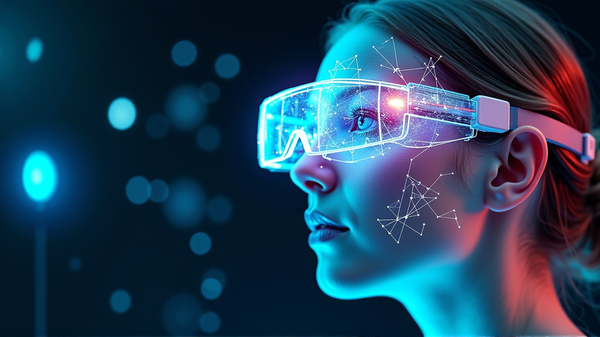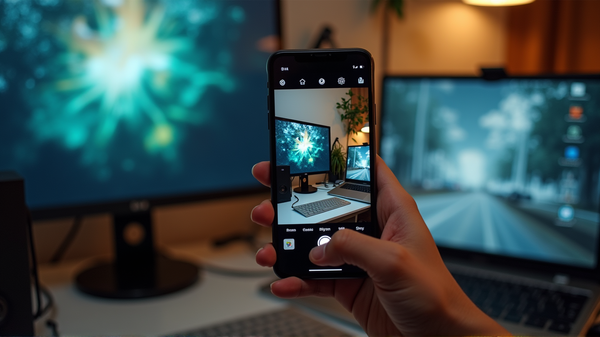Google's New Strategy Against Power-Hungry Apps
Google is taking a significant step to improve the user experience for Android device owners by tackling an annoyance that has troubled users for years. Unveiling a plan that will take effect in March 2026, Google aims to address the persistent issue of battery-draining apps that keep phones awake longer than they should.
A Necessary Move for Device Efficiency
In a world where our phones have become essential, having a device that’s constantly drained by power-hungry applications isn’t just inconvenient—it’s frustrating. This new initiative promises to provide users with a better overall device experience by spotlighting apps that are unkind to batteries. Applications that keep phones awake for over two hours within a 24-hour period will be flagged, and users will receive a warning about their high battery use. According to The Jerusalem Post, this move has been met with positive feedback from users who have struggled with battery life.
Impact on App Developers and the Play Store Ranking
The implications for app developers are rather significant. As Google will not only flag these apps but also adjust their rankings on the Play Store, developers whose apps have been identified as battery drainers may find their applications slipping in visibility and user downloads. This creates an opportunity for developers to innovate and improve their application efficiency to maintain or improve their rankings.
Encouraging Responsible Development and User Awareness
By making battery use statistics more visible, Google encourages developers to prioritize energy efficiency in their applications right from the development phase. On the user end, this initiative empowers users by providing them with the information needed to make informed decisions about which apps they choose to use.
How This Affects the Future of App Development
This change reflects a broader trend toward sustainability and improved user experiences. As applications are held to higher standards, the focus shifts towards innovation that balances functionality with energy use. Developers will need to optimize code and use resources judiciously to remain competitive in the bustling app market.
Conclusion: A Win-Win for Users and Developers
The scheduled changes promise to be a win-win for both users, who desire longer-lasting batteries, and developers, who must innovate to adapt. March 2026 marks the beginning of a new era where user experience and sustainability walk hand in hand in the Android ecosystem.
As stated in The Jerusalem Post, this initiative is expected to elevate application standards, urging developers to create smarter, more resource-conscious apps that meet the needs of device users globally.




